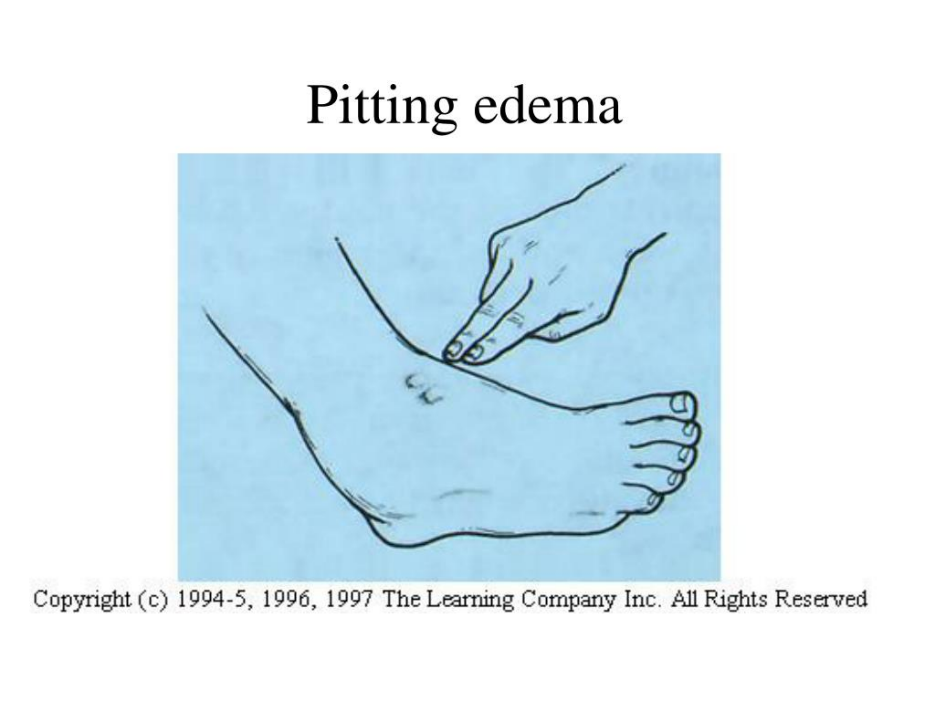A client describes a 3-week history of hoarseness. The client also reports feeling fatigue and noticeable weight gain over the past month. Which cause should the nurse consider as most likely?
Hypothyroidism
Gingivitis
Aphthous ulcers
Dysphagia
The Correct Answer is A
Choice a reason:
Hypothyroidism is a condition where the thyroid gland does not produce enough thyroid hormones. This can lead to a variety of symptoms, including hoarseness, fatigue, and weight gain. The hoarseness can be due to the effect of hormone deficiency on the vocal cords, while fatigue and weight gain are common due to the slowed metabolism associated with hypothyroidism.
Choice b reason:
Gingivitis is inflammation of the gums and does not typically cause hoarseness, fatigue, or weight gain. It is more commonly associated with symptoms like red, swollen gums and bleeding during brushing or flossing.
Choice c reason:
Aphthous ulcers, also known as canker sores, are small, shallow lesions that develop on the soft tissues in the mouth or at the base of the gums. While they can be painful and cause difficulty with eating and speaking, they do not cause systemic symptoms such as hoarseness, fatigue, or weight gain.
Choice d reason:
Dysphagia, or difficulty swallowing, can lead to hoarseness if there is an associated throat disorder. However, it is not typically associated with systemic symptoms like fatigue and weight gain unless it is part of a broader condition that affects the body's metabolism or energy levels.
Nursing Test Bank
Naxlex Comprehensive Predictor Exams
Related Questions
Correct Answer is B
Explanation
Choice A reason:
Diabetes mellitus is not typically associated with pitting edema unless it has led to a comorbid condition such as heart failure or kidney disease. Pitting edema is more commonly associated with fluid retention due to the body's inability to manage fluid balance, which is not a direct consequence of diabetes mellitus itself.
Choice B reason:
Liver disease, particularly cirrhosis, can lead to pitting edema. The liver's inability to produce albumin, a protein that helps maintain oncotic pressure in the blood vessels, and portal hypertension, which is an increase in the blood pressure within the portal vein system, can both contribute to the development of pitting edema.
Choice C reason:
End-stage renal disease can also cause pitting edema due to the kidneys' inability to excrete excess fluid. However, the edema associated with renal disease is often more generalized and not limited to the lower extremities.
Choice D reason:
Colon cancer is not typically associated with pitting edema unless it has metastasized and caused secondary complications that affect the liver or the heart. Pitting edema is not a direct symptom of colon cancer itself. 
Correct Answer is A
Explanation
Choice a reason:
Resonance is the expected percussion note when percussing over normal, healthy lung tissue. This sound is produced due to the presence of air in the lung parenchyma, which allows for the transmission of sound waves through the air-filled spaces. In a healthy individual, the resonance indicates that the lungs are free from any significant abnormalities that could alter the sound, such as fluid or solid masses.
Choice b reason:
Tympanic notes are typically heard over hollow, air-containing structures like the stomach. This sound is not expected in lung percussion unless there is a large, air-filled cavity within the lung tissue, which would be abnormal and indicative of a pathological condition such as a pneumothorax.
Choice c reason:
A flat percussion note is usually heard over dense tissues where air is not present, such as over the thigh muscles or areas of the chest where lung tissue has been replaced by something more solid, like in the case of a pleural effusion or a lung mass.
Choice d reason:
Dullness on percussion usually indicates that the lung is not air-filled and may be suggestive of underlying conditions such as pneumonia, tumor, or atelectasis. It is a higher-pitched sound compared to flatness and is typically found in areas of the lung that are filled with fluid or solid tissue rather than air.
Whether you are a student looking to ace your exams or a practicing nurse seeking to enhance your expertise , our nursing education contents will empower you with the confidence and competence to make a difference in the lives of patients and become a respected leader in the healthcare field.
Visit Naxlex, invest in your future and unlock endless possibilities with our unparalleled nursing education contents today
Report Wrong Answer on the Current Question
Do you disagree with the answer? If yes, what is your expected answer? Explain.
Kindly be descriptive with the issue you are facing.
